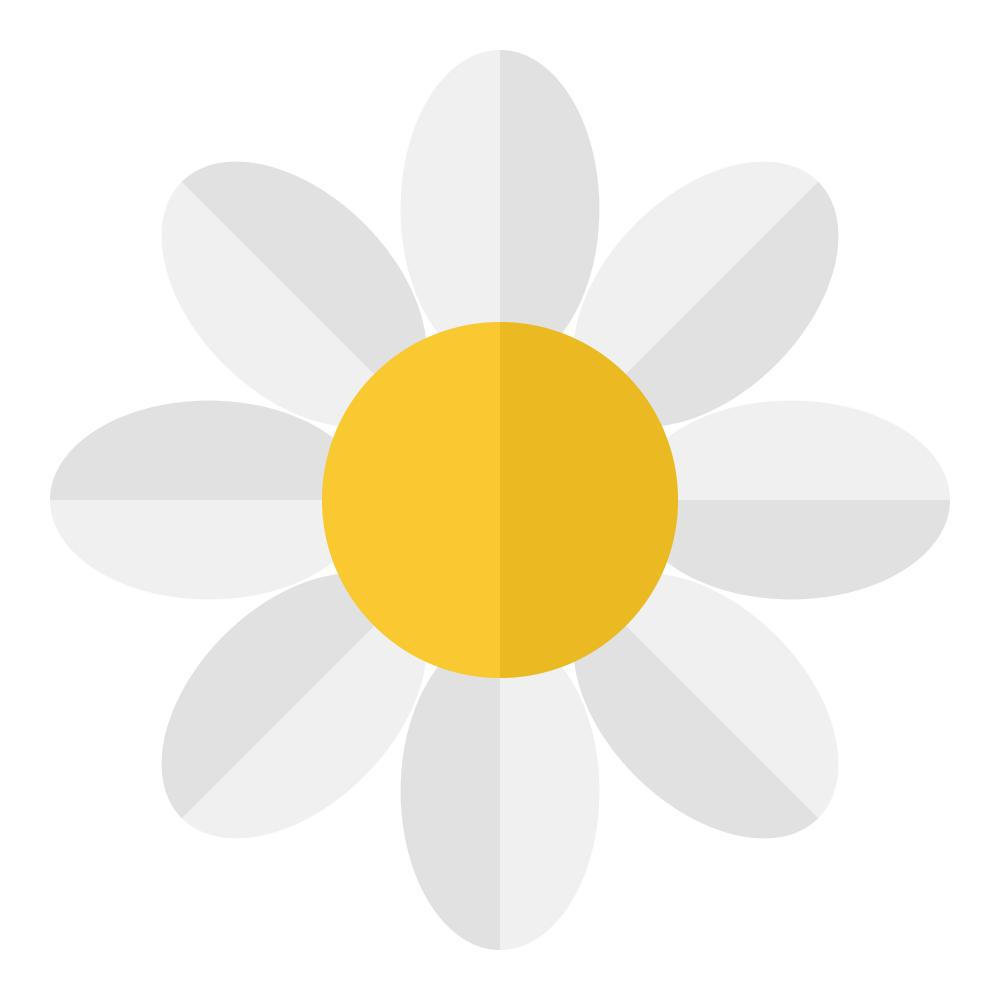Childhood Maltreatment

Recently I’ve noticed that many women scientists are investigating children's neglect & maltreatment. These scientists seem motivated by compassion, and they openly call for better prevention and treatment. They’re inviting us to fully understand the problem so that it can be changed. That motivation inspires their science.
Here’s more of their research findings:
About the Children
In science, child abuse/neglect is termed “adverse childhood experiences” [ACE], or “childhood maltreatment”.
These terms refer to traumatic experiences that occur during the first 18 years of life — including emotional, physical, or sexual abuse, or emotional or physical neglect. It may also include family violence/breakdown.
In 2008, an American telephone survey showed that 60% of children/youth experienced at least one ACE per year.
A 2011 American survey enquired about events of the previous year — 14% of children had experienced maltreatment, 8% had experienced emotional abuse, and nearly 4% had experienced physical abuse. About 5% of children had been sexually victimized, and 2.2% had been sexually assaulted that year.
Lifetime sexual assaults were more likely to involve girls than boys — about 17% of girls had experienced sexual assault, about 4% of boys.
About the Survivors
Research shows that adults who have survived childhood maltreatment face an increased risk for several health problems — and their increased risk persists throughout their lives.
They’re more likely to develop various psychiatric disorders — especially depression, substance abuse, and suicidality. Women are also at risk for revictimization.
Cardiovascular disease is more common amongst adult survivors — along with respiratory disease, diabetes, premature physical decline, and premature mortality.
And, new science now links sleep disorders to childhood maltreatment. In one study, 'survivor' women in midlife (average age 58) were more likely to have sleep problems even though their ACE (adverse childhood experiences) were 50 years ago!
We'll look at more evidence next week. Let me know what you think...
To your natural happiness!
Lucinda
CITATION
1] Adverse childhood experiences are associated with adult sleep disorders: a systematic review, S Kajeepeta, et al; Sleep Med 2015

